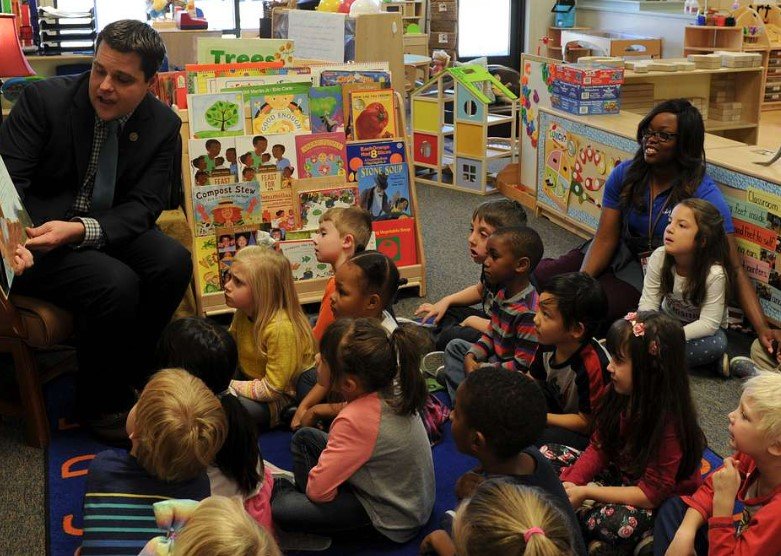Most Louisiana families with young children are grappling with the rising cost of child care, making it increasingly difficult for parents to remain in the workforce, a new survey from the Louisiana Policy Institute for Children (LPIC) revealed Tuesday.
Child Care Costs Are Squeezing Household Budgets
The survey, conducted in partnership with several local organizations, highlights the financial strain on families. Parents reported spending an average of $7,600 per year for child care for two children. Those without any subsidized care faced even steeper costs, averaging $14,000 annually. For comparison, Louisiana’s median household income is $58,229, according to federal census data.
For many families, these costs are untenable. “Louisiana’s families are caught in the middle—struggling to afford the child care they need to stay in the workforce, yet unable to access public support,” said LPIC Chief Executive Libbie Sonnier.
Middle-Income Families Hit Hardest
The survey found that concerns about child care affordability are widespread, cutting across income brackets.
- 58% of parents earning between $50,000 and $100,000 expressed financial worries about child care.
- 54% of those making between $100,000 and $150,000 reported similar concerns.
- Even among higher earners—households making over $150,000—35% still struggled with the cost of child care.
These findings suggest that child care affordability is not just a problem for low-income families but extends well into the middle class.

A Workforce Problem with Economic Consequences
The majority of families surveyed said they rely on child care to be able to work. When affordable options are unavailable, parents—particularly mothers—may be forced to reduce work hours or leave the workforce entirely. This, in turn, affects household incomes and the broader economy.
Louisiana’s child care crisis is also exacerbating workforce shortages, particularly in industries reliant on working parents. “Without meaningful investment in early childhood education, parents will continue to face economic hardship, and our state will miss out on the full potential of its workforce,” Sonnier warned.
Policy Recommendations to Ease the Burden
LPIC is advocating for policy solutions to address the growing affordability gap in child care. The organization recommends:
- Increased state investment in early childhood education programs.
- Employer incentives to help businesses contribute toward child care costs for employees.
- Workforce development initiatives to make it easier for people to pursue careers in early childhood education.
With child care costs rising faster than many families’ earnings, these measures could provide much-needed relief. However, whether lawmakers and businesses will take action remains to be seen.
Child Care Crisis Not Unique to Louisiana
While the findings are specific to Louisiana, the problem is national in scope. States across the country are facing similar challenges, with child care costs rising faster than wages and many providers struggling to stay open due to staffing shortages.
Federal pandemic-era grants temporarily helped many child care centers stay afloat, but those funds have dried up, leaving parents with fewer options. The LPIC’s findings reinforce a growing consensus among economists and policymakers: child care is not just a family issue—it’s an economic one.

Comments